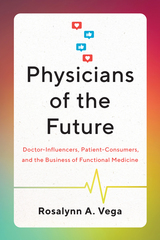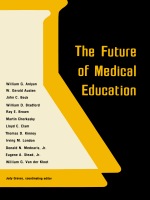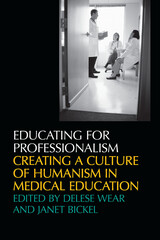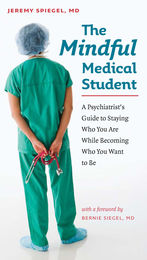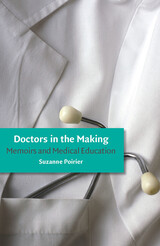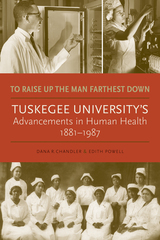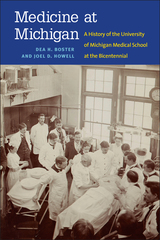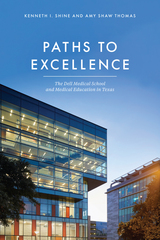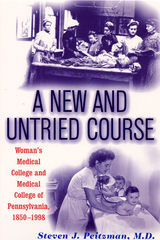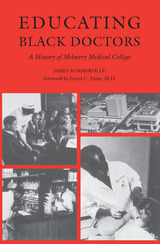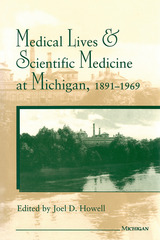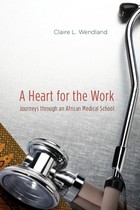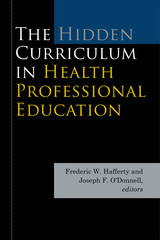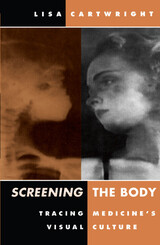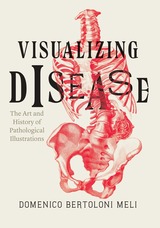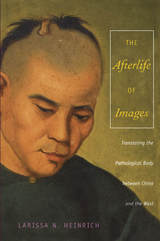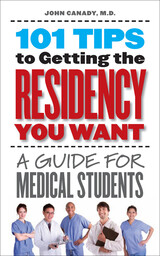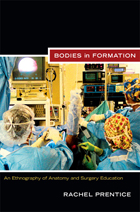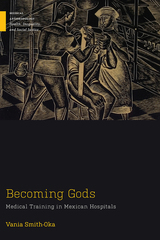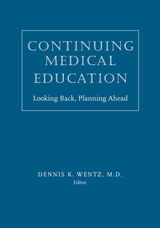A New and Untried Course: Women's Medical College and Medical College of Pennysylvania, 1850-1998
Rutgers University Press, 2000
Cloth: 978-0-8135-2815-1 | eISBN: 978-0-8135-8574-1 | Paper: 978-0-8135-2816-8
Library of Congress Classification R747.M48P45 2000
Dewey Decimal Classification 610.71174811
Cloth: 978-0-8135-2815-1 | eISBN: 978-0-8135-8574-1 | Paper: 978-0-8135-2816-8
Library of Congress Classification R747.M48P45 2000
Dewey Decimal Classification 610.71174811
ABOUT THIS BOOK | AUTHOR BIOGRAPHY | REVIEWS | TOC
ABOUT THIS BOOK
In 1850, a group of reformist male Quaker physicians and allies founded the Female Medical College of Pennsylvania to offer formal medical training to women. By the 1890s, the renamed Woman's Medical College of Pennsylvania (WMC) had matured into a solid and progressive institution that would outlast other, younger women's medical schools that had arisen in the United States. Steven J. Peitzman describes how WMC survived periods of instability and crises as it became a remarkable experiment in single-sex professional education, and a rare early example of female-male collaboration in science and medicine. Its unique survival provided scarce opportunities for women physicians and scientists to teach and perform research, while maintaining the assurance of medical education free from gender discrimination, Yielding to complex forces, it became the coeducational Medical College of Pennsylvania in 1970 and found another new course to pursue
See other books on: Medical colleges | New | Pennsylvania | Philadelphia | Women physicians
See other titles from Rutgers University Press

